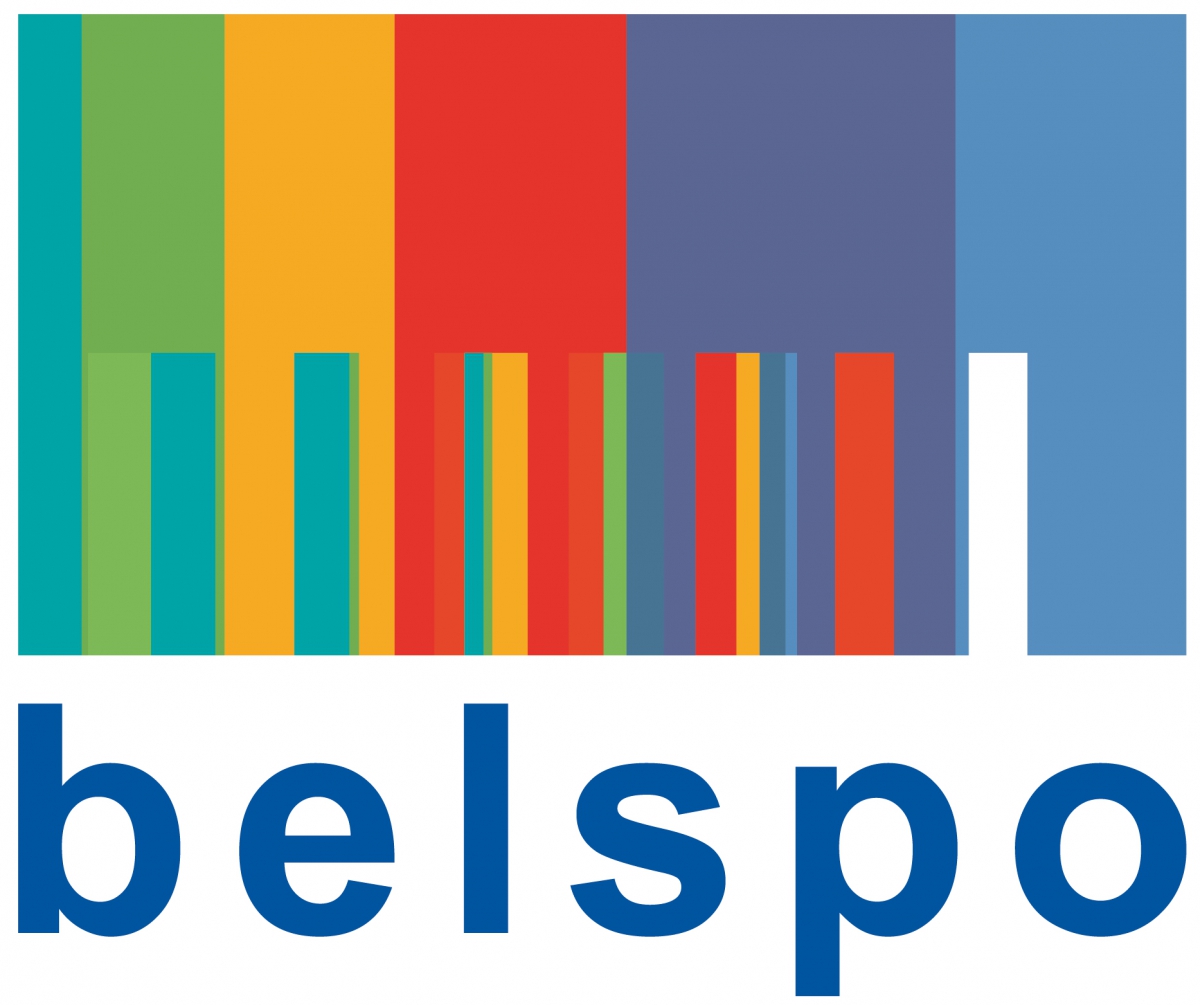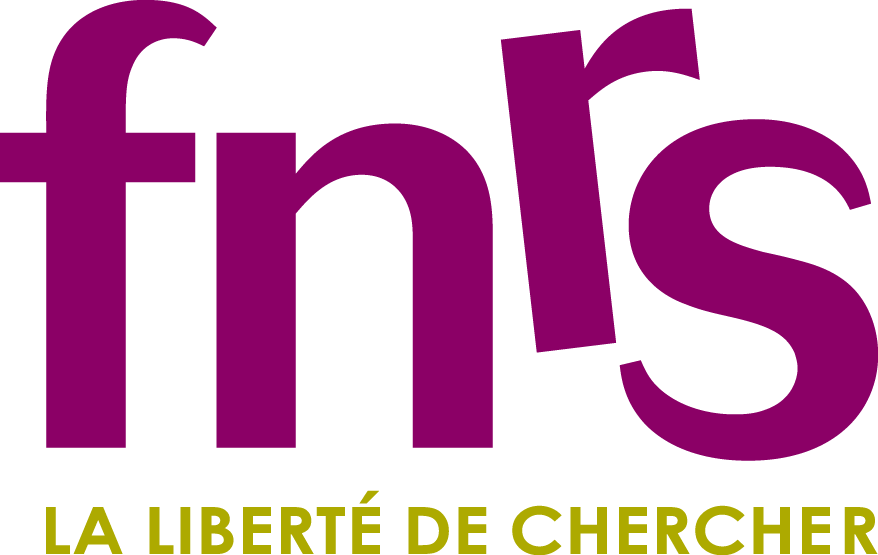In Belgium, responsibility for scientific research is shared between the Federal Authority and the federated entities (communities and regions). The Federal Authority and the federated entities are each responsible for scientific research in the domains they are competent for, including the international aspects of research. Co-operation agreements, procedures for collaboration and exchange of information between the different power levels are implemented in the Interministerial Conference for Science Policy (IMCSP).
Belgian Federal Research Programmes and actions
 As part of the competence of the Belgian Federal authorities, the Belgian Science Policy Office (BELSPO) implements national and international multiannual research actions. These programmes aim to develop and consolidate Belgium's scientific and technological expertise and to offer decision-makers the necessary scientific support for drawing up and carrying out policies.
As part of the competence of the Belgian Federal authorities, the Belgian Science Policy Office (BELSPO) implements national and international multiannual research actions. These programmes aim to develop and consolidate Belgium's scientific and technological expertise and to offer decision-makers the necessary scientific support for drawing up and carrying out policies.
They ensure multidisciplinarity and research in networks and offer European research teams the possibility of linking with projects during calls for offers and the Federal Science Policy of participating in the European Commission’s ERA-NET approach.
BRAIN.be
BRAIN-be (Belgian Research Action through Interdisciplinary Networks ) relies on the funding of two types of research projects, network projects and pioneer projects and is organised around six themes:
- Ecosystems, biodiversity, life history
- Geosystems universe and climate
- Cultural, historical and scientific heritage
- Federal government strategies
- Major societal challenges
- Collections Management
BRAIN-be 2.0, the second phase of the programme (2018-2023), allows, through the funding of research projects based on scientific excellence and European and international anchorage, to meet the needs for scientific knowledge of the Belgian federal departments and to support the scientific potential of the Federal Scientific Institutions (FSI).
The programme is structured around 3 pillars:
- Challenges and knowledge of the living and non-living world
- Heritage science
- Federal societal challenges.
BRAIN-be 2.0 is open to the whole Belgian scientific community: universities, university colleges, public scientific institutions and non-profit research centres.
Interuniversity Attraction Poles
The IAP Programme (Interuniversity Attraction Poles) aims to provide support for teams of excellence in basic research that belong to Belgium’s various (linguistic) Communities and work as part of a network in order to increase their joint contribution to general scientific advances and, where applicable, to international scientific networks.
The IAP phase-VII (2012-2017) contained 47 networks implicating 369 research teams and spanned a wide variety of research fields in the life sciences, exact and applied sciences and the human sciences.
Bilateral agreements
BELSPO is also responsible for coordinating the follow-up for the scientific section of the bilateral agreements for economic, industrial, scientific and technological cooperation which Belgium has concluded for already more than twenty years with a number of countries. This cooperation can take various forms: information exchange, exploratory expert mission, common research and demonstration or valorisation project. Alongside coordination BELSPO itself finance cooperation projects in their areas of competence, particularly projects involving space research or that are linked to subjects dealing with national research programmes or conducted by federal scientific institutions. In this way, they contribute to the international valorisation of this research and the transfer of know-how.
Flanders
While no dedicated programme for remote sensing is ongoing, grants, fellowships and financing of fundamental research projects for individual scientists is on offer via the Fonds voor Wetenschappelijk Onderzoek, while the Vlaamse Agentschap Innoveren en Ondernemen can support innovative projects in entreprises.
More information on Research in Flanders: FRIS Onderzoeksportaal
Fonds voor Wetenschappelijk Onderzoek (FWO)
The Fonds voor Wetenschappelijk Onderzoek (Research Foundation - Flanders) is a Flemish institution that looks after the funding of fundamental scientific research in Flanders. It operates its own objective criteria, independent of the academic institutions, in order to encourage scientific competition between the universities.
Between 1992 and 2006, the FWO gradually took over the tasks of the National Fund for Scientific Research (NFWO/FNRS) in Flanders. At the same time, a similar fund for scientific research known as the Fonds de la Recherche Scientifique (FRS) was set up in French-speaking community.
Instituut voor Innovatie door Wetenschap en Technologie (IWT)
Between 1991 and 2015, as an external independent agency of the Flemish Government, the Instituut voor Innovatie door Wetenschap en Technologie (Agency for Innovation by Science and Technology) was authorised to manage innovation in Flanders. On 1 January 2016, three of the IWT’s programmes were transferred to the FWO, all of which concerned strategic fundamental research. All other tasks were passed to the newly founded Agency for Innovation and Entrepreneurship of the Flemish Government.
Vlaamse Agentschap Innoveren en Ondernemen (VLAIO)
The Vlaamse Agentschap Innoveren en Ondernemen (Flemish Agency for Innovation and Entrepreneurship), is an internal independent agency belonging to the Flemish Government with no legal personality and aims to stimulate and support innovation and entrepreneurship.
Wallonia and Brussels
While applied research is managed only at regional level (Skywin for Wallonia and Innoviris for Brussels), fundamental research is supported at the level of the Wallonia-Brussels Federation (FNRS) and at regional level (Innoviris).
More information on research in the Wallonia-Brussels Federation: Portail de la Recherche et des Technologies en Wallonie - Recherchesscientifiques.be
Brussels' initiatives & Innoviris
The Brussels-Capital Region encourages and promotes scientific research and technological innovation. The Brussels-Capital Region’s R&D policy is supported by Innoviris, the Brussels institute for the encouragement of scientific research and innovation.
Innoviris finances innovative projects conducted by companies, research bodies and representatives of the non-commercial sector based in the Brussels-Capital Region, through various Brussels, inter-regional or European programmes.
The research funded may have an academic, exploratory, economic or mixed purpose.
Innoviris also finances initiatives that aim to promote science and technological innovation among young people, the general public and Brussels organisations involved in scientific research and innovation
Fonds de la Recherche Scientifique (F.R.S.–FNRS)
The Fonds de la Recherche Scientifique F.R.S.–FNRS (Fund for Scientific Research) supports the development of basic scientific research in the Wallonia-Brussels Federation. It promotes the production and development of knowledge by supporting individual researchers and financing research programmes conducted within the laboratories and departments based primarily in French-speaking universities in Belgium.
In order to achieve this research development objective, the National Fund for Scientific Research (FNRS) has a wide range of financing mechanisms. These are implemented using a 'bottom-up' approach; all scientific fields are encouraged as part of initiatives presented by researchers and selected through 'peer-review' based evaluation procedures. Without any research centres of its own, the F.R.S. - FNRS mainly funds researchers working within university institutions. The funding covers personnel costs as well as operations and equipment.
Service Public de Wallonie - Department of Research Programmes
The general mission of the SPW's Department of Research Programmes is to improve the scientific and technical level of companies, research centers and universities in order to ultimately contribute to the economic and social development of Wallonia.
This department is comprised of the Directorats "Regional Programmes" and "Federal and International Programmes".
Skywin
The 'Skywin Wallonia' competitiveness cluster is a group of aerospace companies, training centres and public and private research facilities committed to a building partnerships and developing synergies around innovative joint projects. The objective is to create and maintain jobs in Walloon companies in the sector.
Since 2006, Skywin has accredited 72 projects for a total budget of €225 million, dispensed over 200,000 training hours (with 75% of trainees finding work in the sector), supported the creation of 6 innovative companies and filed 19 patents.
Earth observation is one of the cluster's 6 strategic priorities: "Space and Drones Applications and Systems".
Through its internal calls, Skywin has also selected several projects close to the market and relating to Earth Observation.
Skywin also provides a series of other activities in the field of Earth observation. The Skywin cluster
- manages an Earth Observation working group (EO WG) with manufacturers, academics and government representatives;
- organises inter-cluster meetings with a view to developing ideas for collaborative projects that can be used for Earth observation (Wagralim cluster, Logistics in Wallonia, Mecatech, Biowin, Greenwin);
- is Copernicus Relay labelled in cooperation with ISSeP and Spacebel;
- represents the Walloon Region in the European NEREUS consortium;
- is a member of the European SPACE4GLOBE consortium which has just been selected under the COSME-H2020 call to manage the SPACE2ID-GO project designed to facilitate the internationalisation of SMEs working on satellite applications on the markets of Mobility, Energy, Logistics, Creativity and Agriculture;
- is a partner of the "Spacesolutions.be" application to manage Technology Transfer and the ESA BIC in Wallonia (under the supervision of Verhaert).

